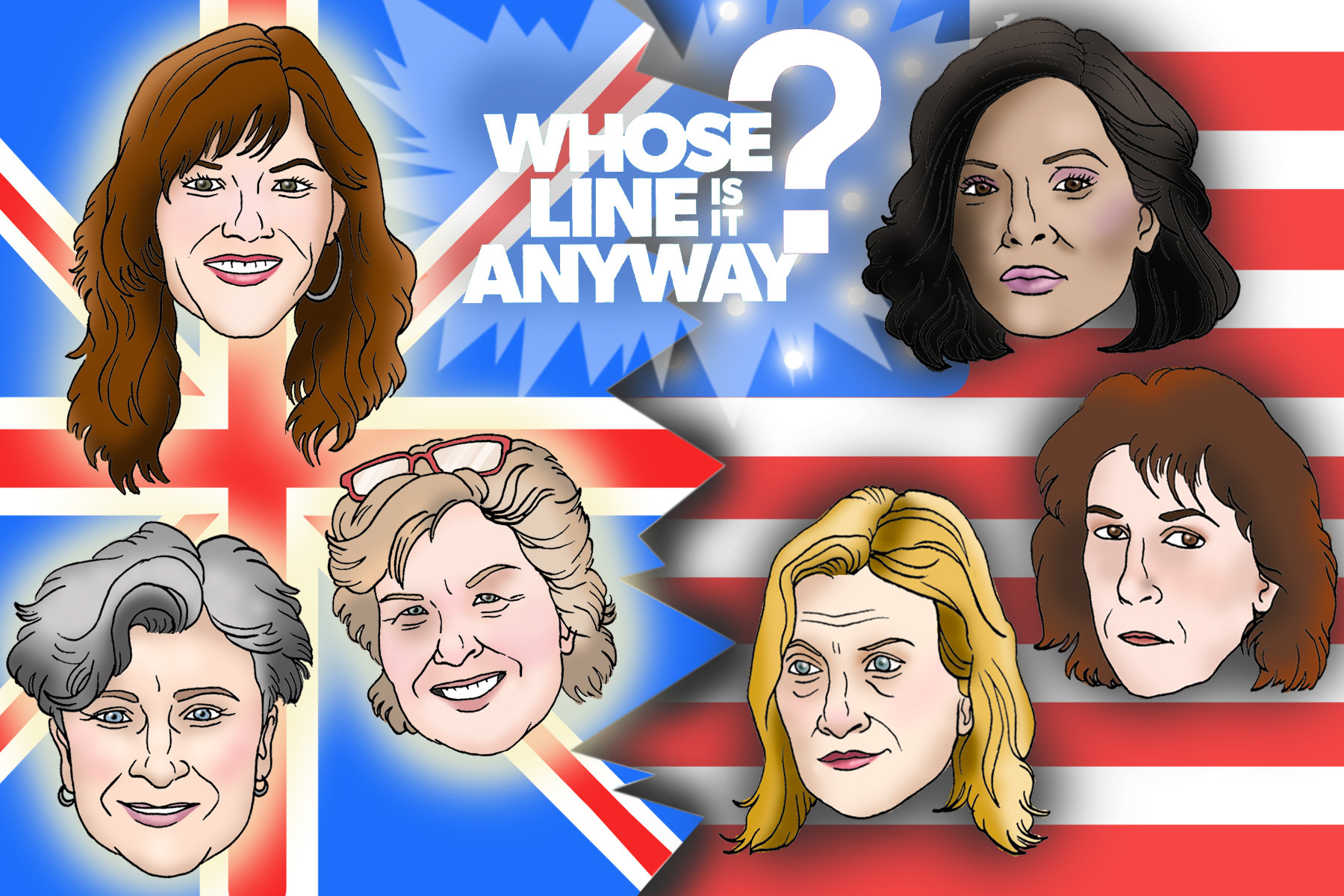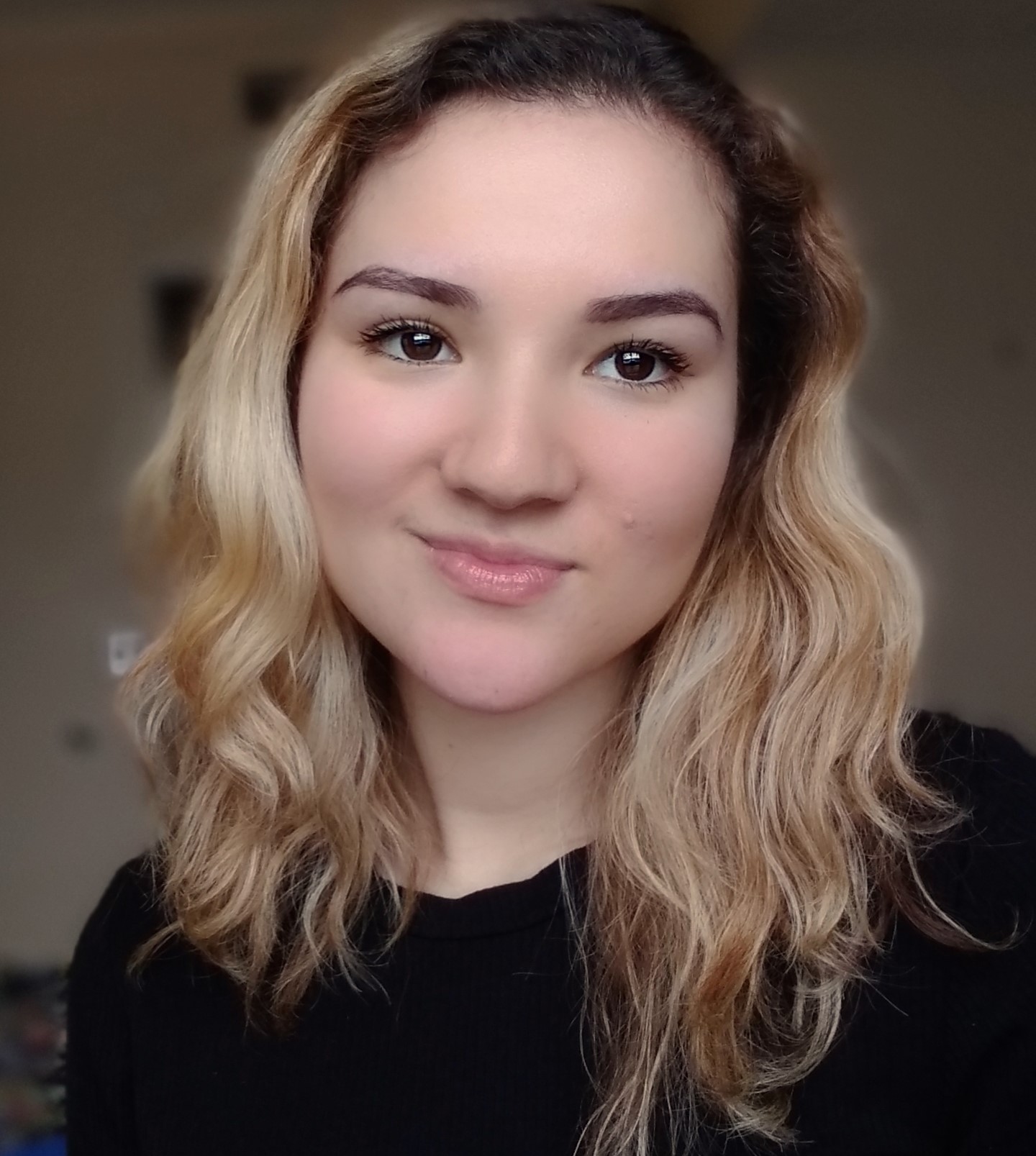“Whose Line Is It Anyway?” is considered iconic by many fans for a reason. It has provided countless memorable contributions to the improv comedy genre. The long-running television show featured a variety of entertaining sketches and songs based on pre-written scene prompts and studio audience suggestions. While it could technically be considered a game show, it distanced itself from programs more worthy of the title — “Jeopardy!” and “The Price Is Right,” to name a few — because of its unmatched high jinks.
The basic setup of each game was always there, but participants constantly took it to new heights of absurdity. The actors could make hilarious jokes out of any subject or role they were assigned. Although the show originally ran in the UK from 1988 to 1998, it also filmed a few episodes in America. The show’s rise in popularity resulted in an overseas move and a new host, keeping many of the same actors and original games in the mix. It aired on ABC from 1998 to 2003 and was very successful.
While the show was revived for The CW in 2013 and is currently still running, this article will compare the UK and US/ABC versions only. No matter what side of the Atlantic it was being filmed on, it was clear “Whose Line Is It Anyway?” masterfully took improv to outrageous lengths. Be that as it may, the show was not without its weaknesses, one of which was a disregard for the women in its cast.
The two versions of “Whose Line…?” used contrasting approaches toward their female actors. The UK version regularly featured women in its ensemble. Josie Lawrence was the most frequent female participant, although they often featured more than one woman at a time, often featuring Lawrence alongside fellow British actor Caroline Quentin. The show displayed the full range of Lawrence and Quentin’s talents, revealing their incredible singing voices, acting abilities and willingness to tackle comedy head-on.
Although the men were given a little more priority, they did not obscure the women’s valuable input. Now compare this treatment to the US/ABC version, which — although it remains hilarious — left much to be desired for its female cast members. Actors Kathy Greenwood, Denny Siegel and Karen Maruyama rarely participated, and when they did, they didn’t seem to be allowed to do much. Maruyama was something of an exception because she had been in the UK version several times and proved an excellent player, but the argument still stands. Regular actors Wayne Brady, Ryan Stiles and Colin Mochrie were each undeniably talented, but the show’s producers allowed them to overshadow the women, even if the men were not willful participants.
Interestingly, there were very few online analyses on the show’s treatment of gender, at least through credible sources. This either means it hasn’t been viewed as a serious problem or people have not felt a strong need to critique it. However, one article offered a thorough assessment — Hannah Givens’ January 2022 piece for “PopMatters.” Givens claims that the US/ABC version of “Whose Line Is It Anyway?” insinuated that women have more comedic value when they are only in abstraction. This means the jokes on the show were more often directed at women — often made while none were present in the cast—than actually told by them.
Consider one of the show’s most prominent cast members, Colin Mochrie. Mochrie’s flair for wordplay and brazen raunch made him an improv legend. A running gag on the show was to assign him to play female characters that ranged from a pregnant woman to the First Lady to the Miss Kitty archetype popular in Western films. There were several instances in which he was dumbstruck at having to yet again play a woman. In fact, in one game of “Scenes From A Hat,” host Drew Carey reads an audience suggestion that asks to hear cast members’ potential birthday candle wishes. Mochrie comes center stage, crouches as if preparing to blow out imaginary candles and says, “Let me play a man in a scene.”
He was assigned female characters more than any other male actor, and it wasn’t as if there were never any women who could have taken these roles for him. Still, Mochrie consistently drew big laughs each time he played a woman, so while it may have been frustrating, it took nothing away from his comedic abilities. If anything, it added to his repertoire. Meanwhile, the female actors in “Whose Line…?” were never assigned any traditionally masculine characters to play.
Not once did they get to flip the script and act as obnoxious husbands, surly teenage sons or roughneck desperadoes — which could have shown how these women handled perceptions and stereotypes about men. Instead, the roles they did play were so gendered that they were mere suggestions of comedy. Examples included Whiny Teenage Daughter, Nagging Wife and Weird Woman Lusting Over Man. Notice how the aforementioned roles can easily be used in conjunction with a male character, and this is exactly and exclusively what they were used for.
The talents of actors Kathy Greenwood, Denny Siegel and Karen Maruyama did not shine as much as that of their male colleagues. There are two possible reasons why. First, all of the women were guests and not full-time members, so they did not gain a well-rounded understanding of the men’s comedic rhythms and how they might complement their own. Second, it could have something to do with how the episodes were edited. The shows weren’t live, so it’s possible the women contributed more than the final cuts implied. The scenes that did make it past the cutting room floor, however, were sometimes a little cruel.
When Kathy Greenwood played the bachelorette in “Let’s Make A Date,” the men — acting as the mystery contestants vying for a date with her — were often assigned weirdly complicated roles, almost as if the producers disliked Greenwood. Host Drew Carey repeatedly poked fun at her incorrect guesses of the contestants’ identities, but when the prompts were so specific and long that it took a minute for even the audience to read them, it wasn’t Greenwood’s fault. It appears the producers wanted an extra layer of humor by watching her struggle to guess correctly; when men played the bachelorette — like this version with Chip Esten — the identities were much easier to guess.
This clip also shows another practice common to the show, which was to use male actors for the bachelorette role when no women were present. This always had the audience in hysterics because of the various ways the men would perform as women. Their security in their masculinity allowed them to play traditionally feminine characters with ease. One game of “Let’s Make A Date” exemplifies this phenomenon when Wayne Brady plays the bachelorette while Colin Mochrie plays a Miss World contestant. The clip is side-splittingly funny, but it also reveals how casually the producers would disregard the women who could have played the roles just as well.
While the discourse around the show’s treatment of gender seems limited, there has been at least one occasion when someone from the inside addressed it, albeit not a recent one. In 2011, “Whose Line Is It Anyway?” actor Brad Sherwood responded to a Reddit user who had asked — in typical blunt and poorly spelled internet fashion — why the women on the show were “usually really bad.” Sherwood wrote a tactful reply, acknowledging that women in improv have had to overcome many obstacles to keep their footing in a male-dominant environment.
To this day, Sherwood continues working in improv, often traveling and performing with fellow “Whose Line…?” actor Colin Mochrie. His perceptive observation gives hope that male actors can be conscious of the need to share the stage with their fellow non-male comedians. After all, improv comedy is an experience meant to be enjoyed by everyone, and this goes for the people onstage as well as the audience.


















and that’s on periodt! really enjoyed this writeup and disappointed on the lack of discourse around the subject!! 💕